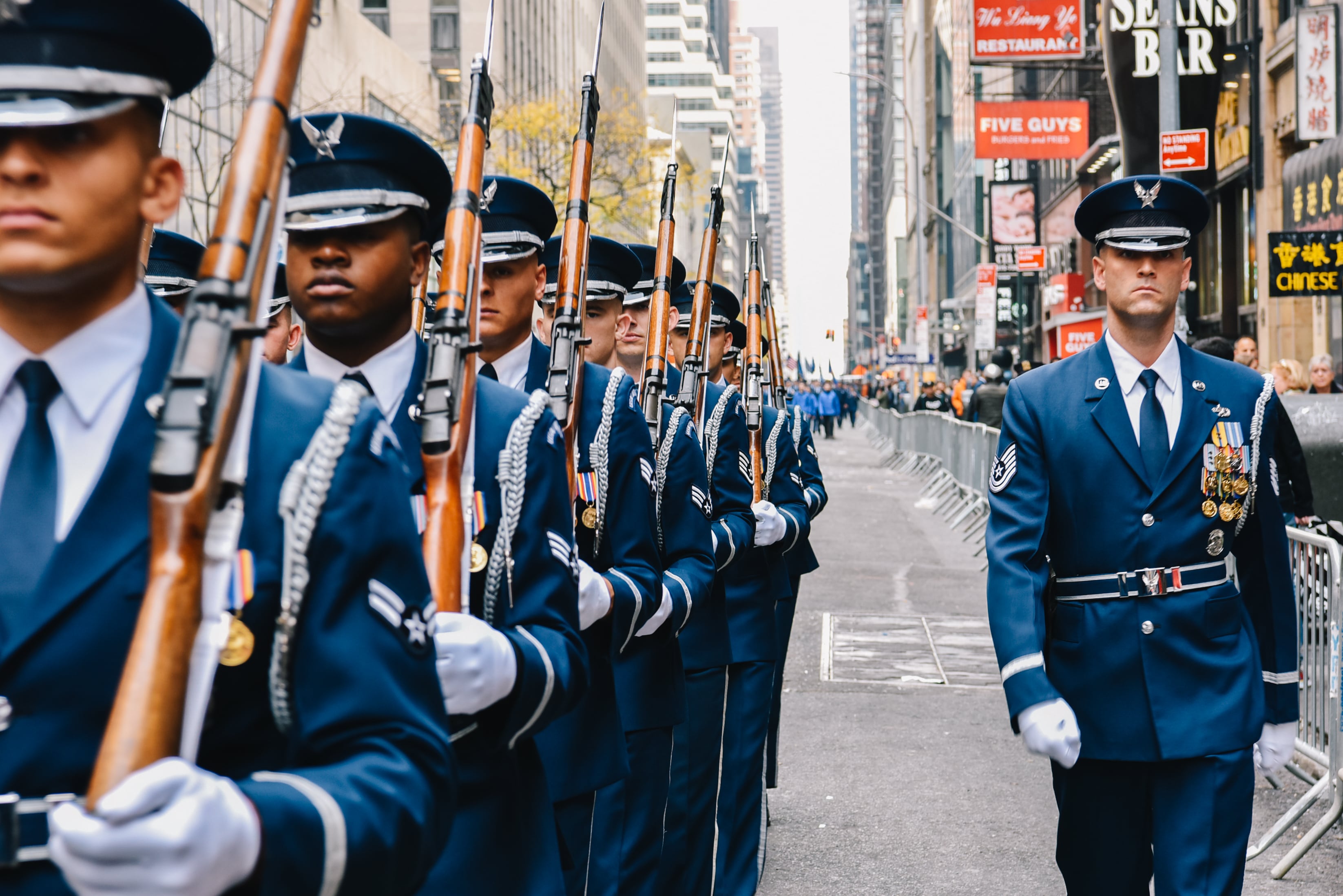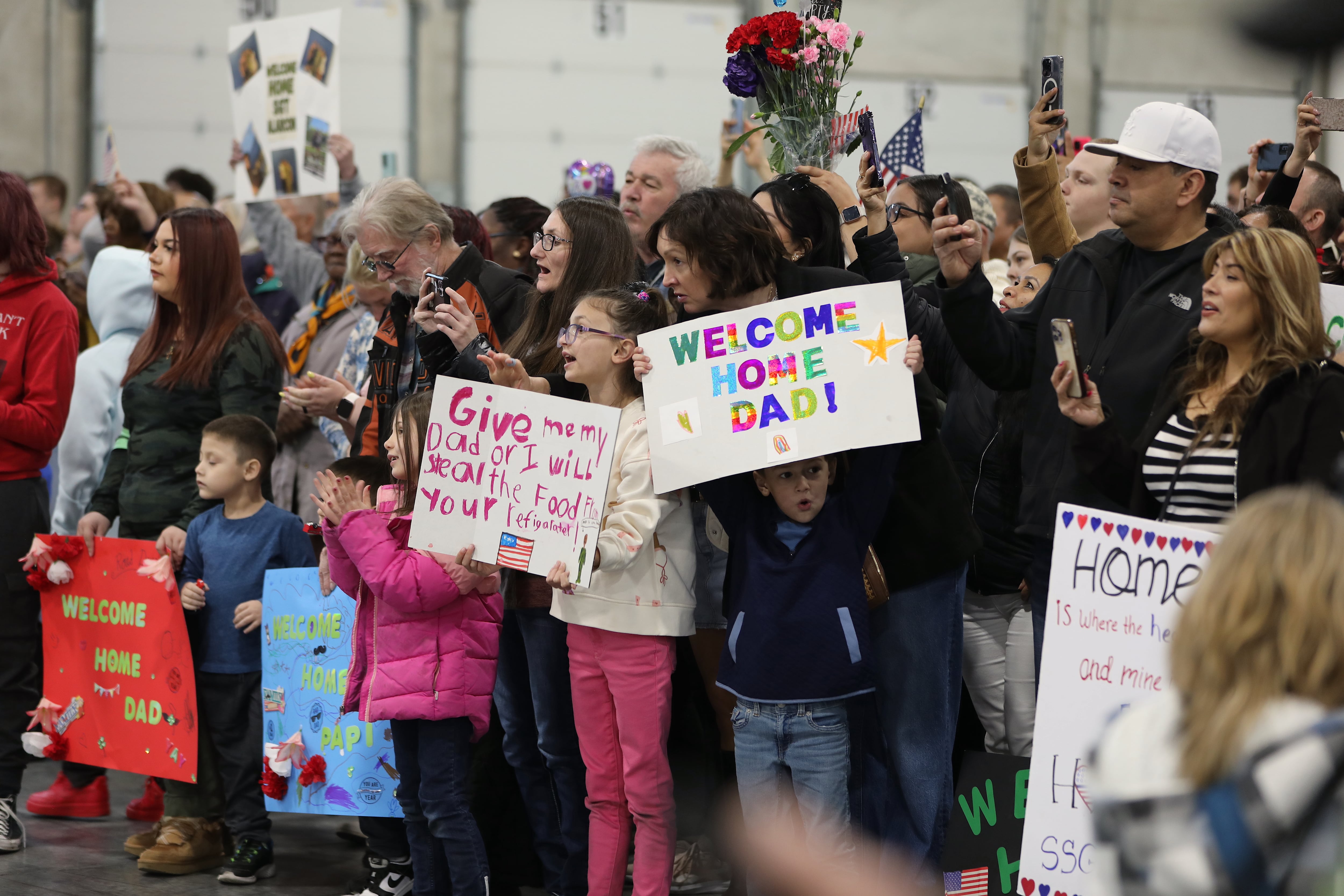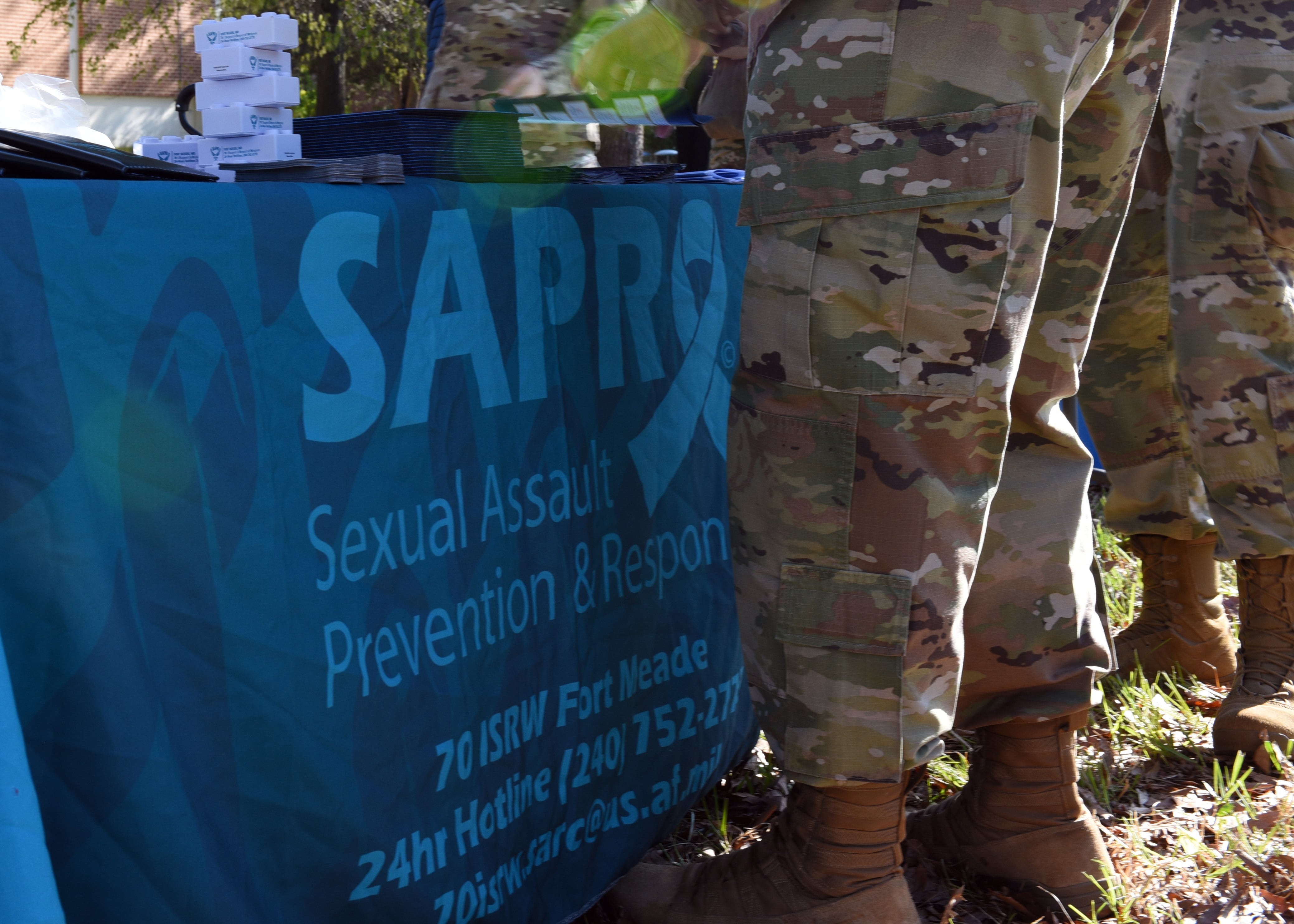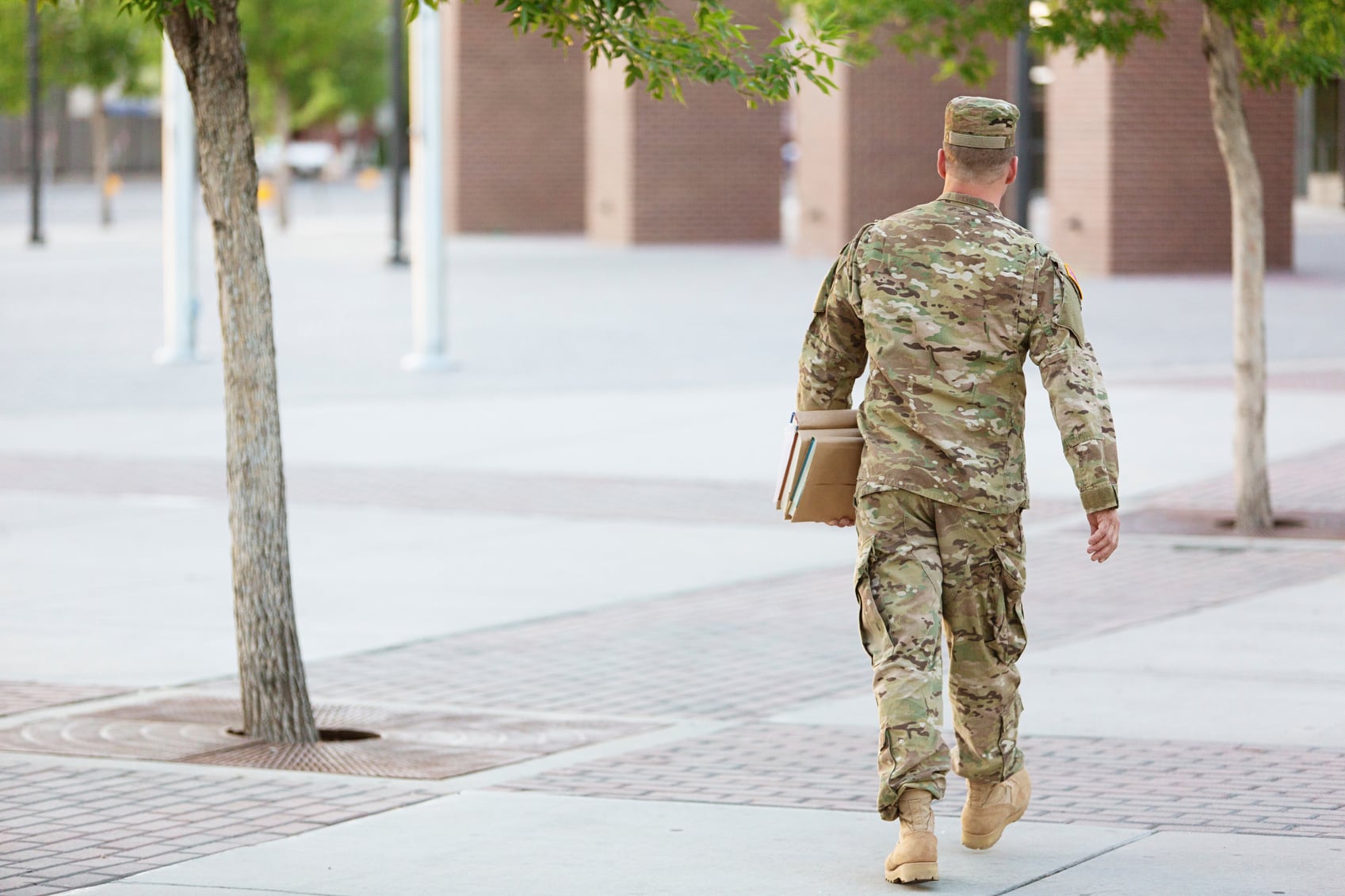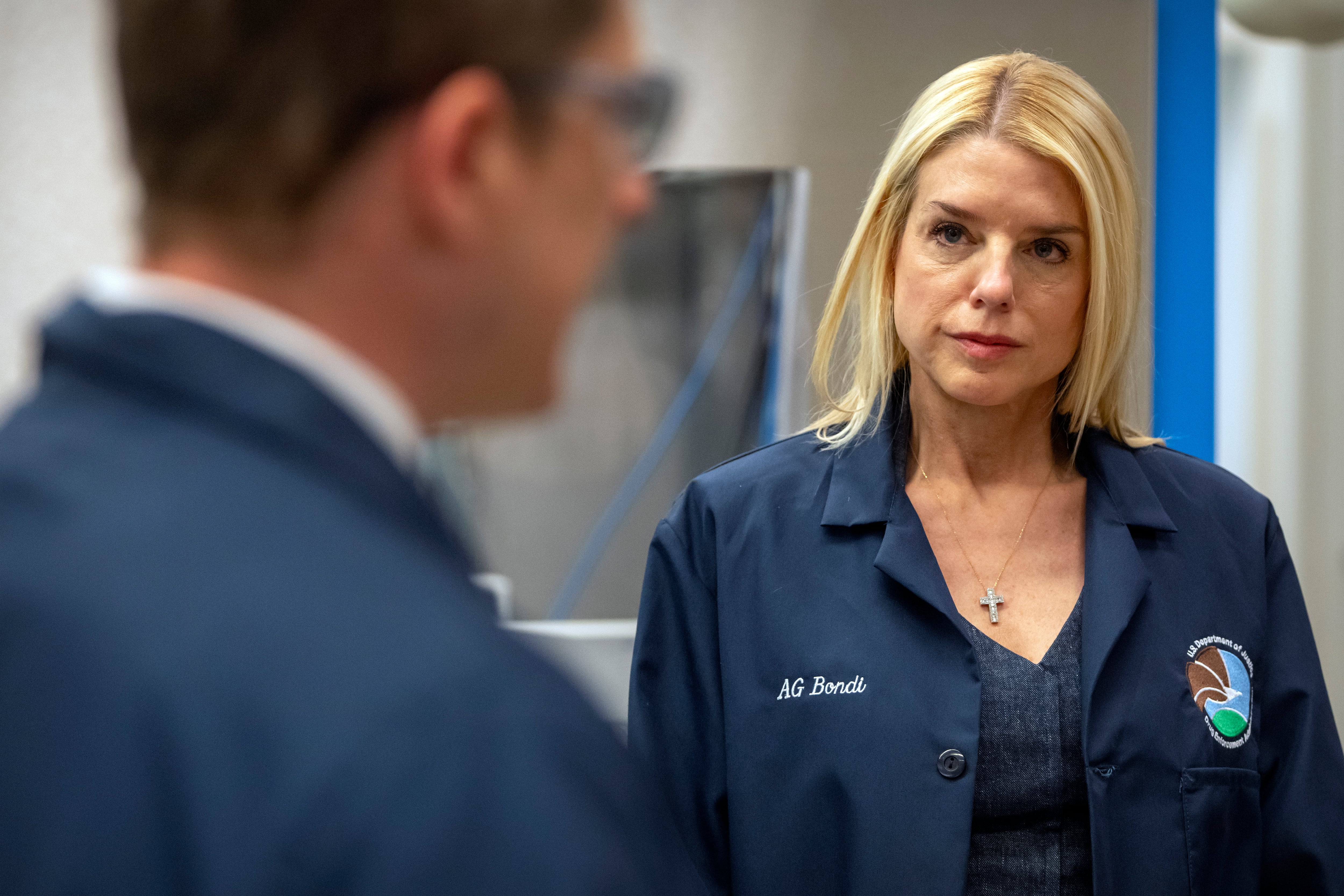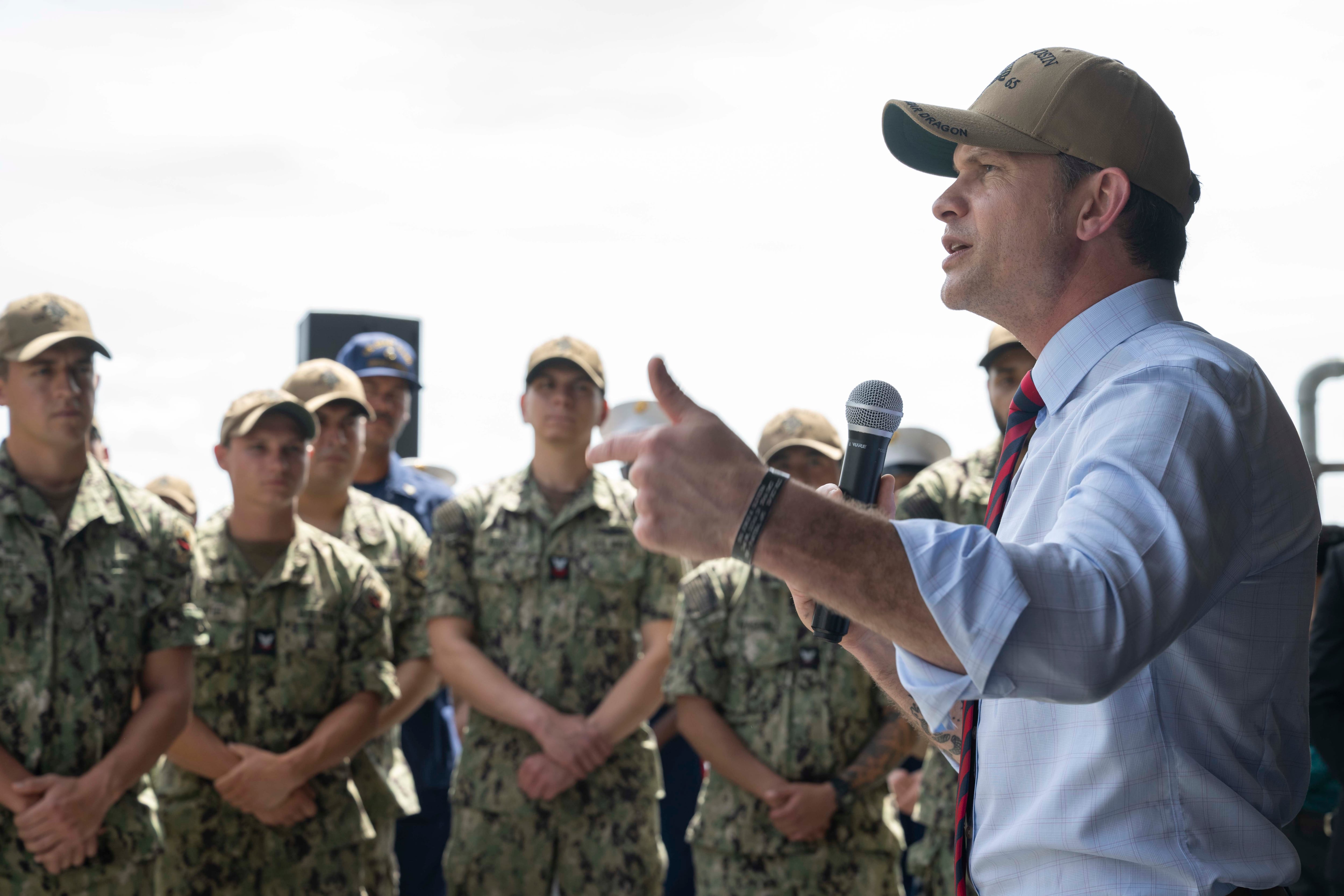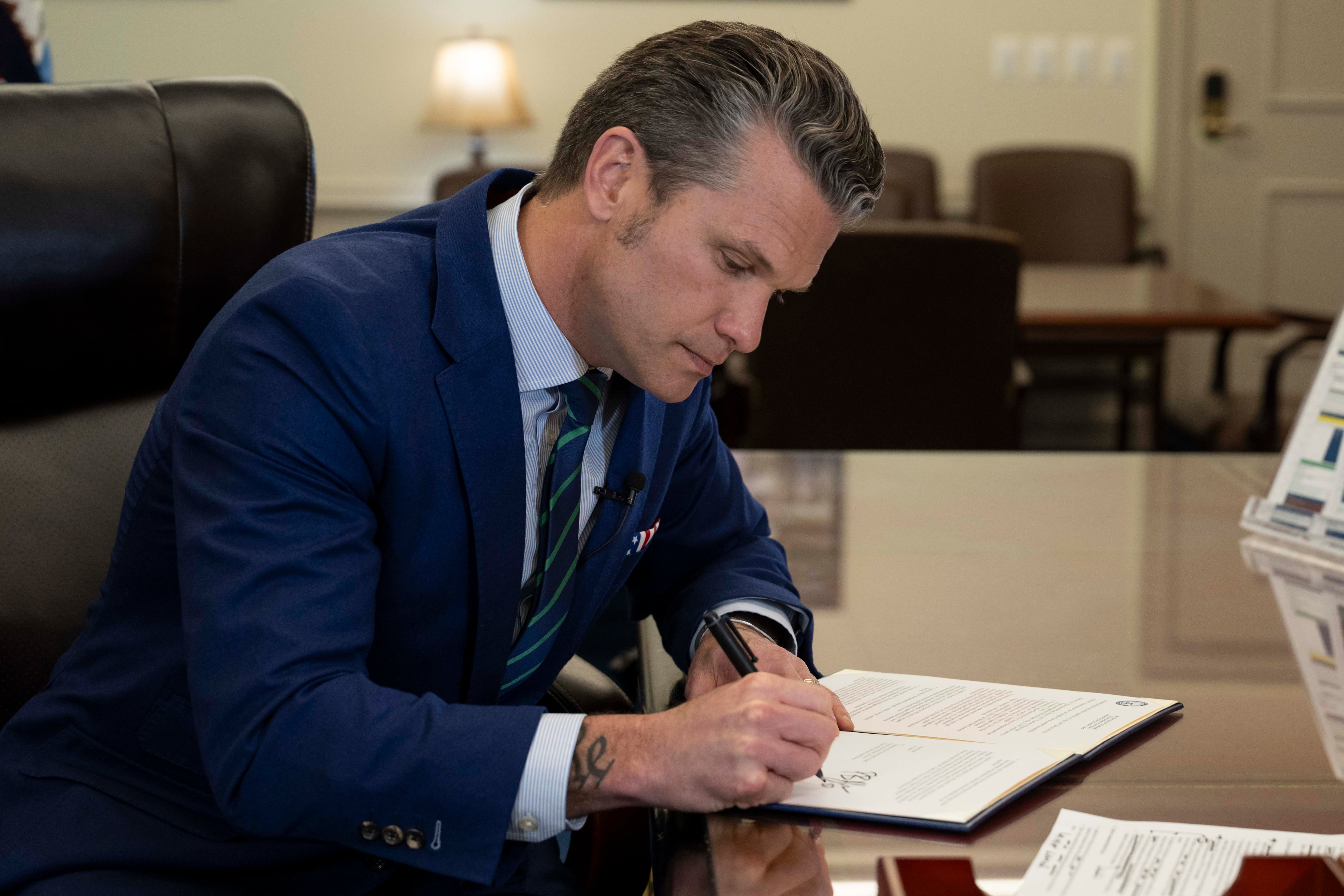Soldiers in Thailand for the Army’s Pacific Pathways program have continued training, though in smaller groups, as the coronavirus pandemic curtails military exercises elsewhere.
While training is ongoing, the U.S. soldiers and their Royal Thai Army counterparts have relegated it to the squad-level. All platoon-level and higher training, as well as combined arms live-fire exercises, have been cancelled, according to 25th Infantry Division spokesman Lt. Col. Adam Hallmark.
But the Americans still plan to train until their return to Hawaii in May, which is also still on track. The task force is comprised of soldiers from multiple units, including engineer companies, an artillery battery, support companies and an aviation element.
Many of them are located at sites around Camp Friendship in northeast Thailand. As coronavirus cases in Thailand increased, temperature checks were ordered when troops entered the chow hall.
“It’s true that at some locations medics were taking temperatures at the dining facilities and this proved to be ineffective,” said Hallmark.
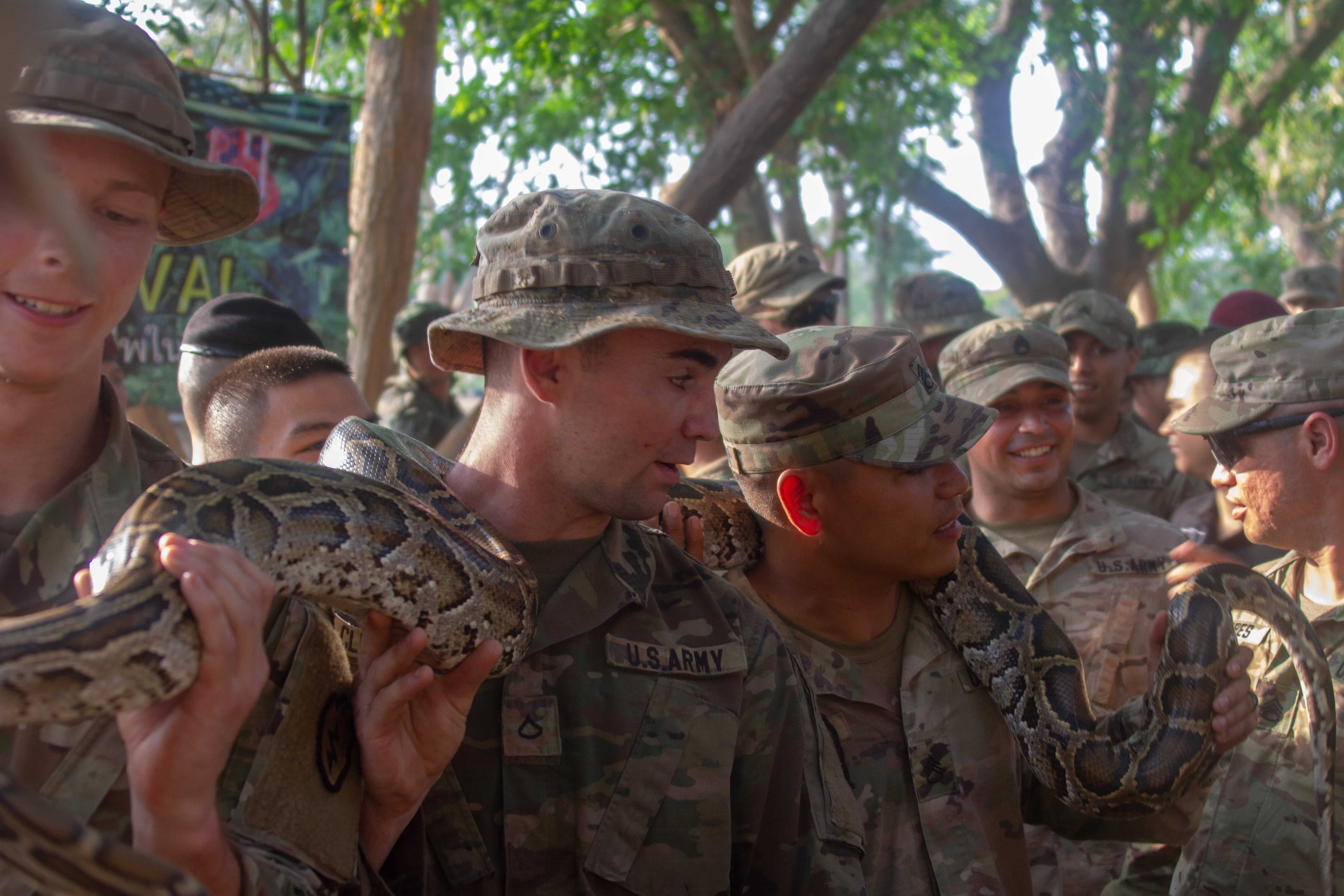
The task force is now requiring daily temperature checks of all soldiers, and company commanders have to report completion every single day.
While task force does not possess any COVID-19 test kits, their medics are “tied in closely” with Thai medical officials at all locations where the U.S. soldiers are training, Hallmark said.
And “that relationship is strong; there also exist laboratory assets in Bangkok to support,” he added.
Several soldiers who had a mix of fevers and respiratory symptoms common with COVID-19 have been placed in patient hold facilities for monitoring. One soldier was ultimately tested at a Thai medical facility, but was found to be negative for the virus.
If a soldier does eventually test positive, Hallmark said a special preventive medicine detachment assigned to the task force is prepared to carry out contact tracing among both American and Thai personnel.
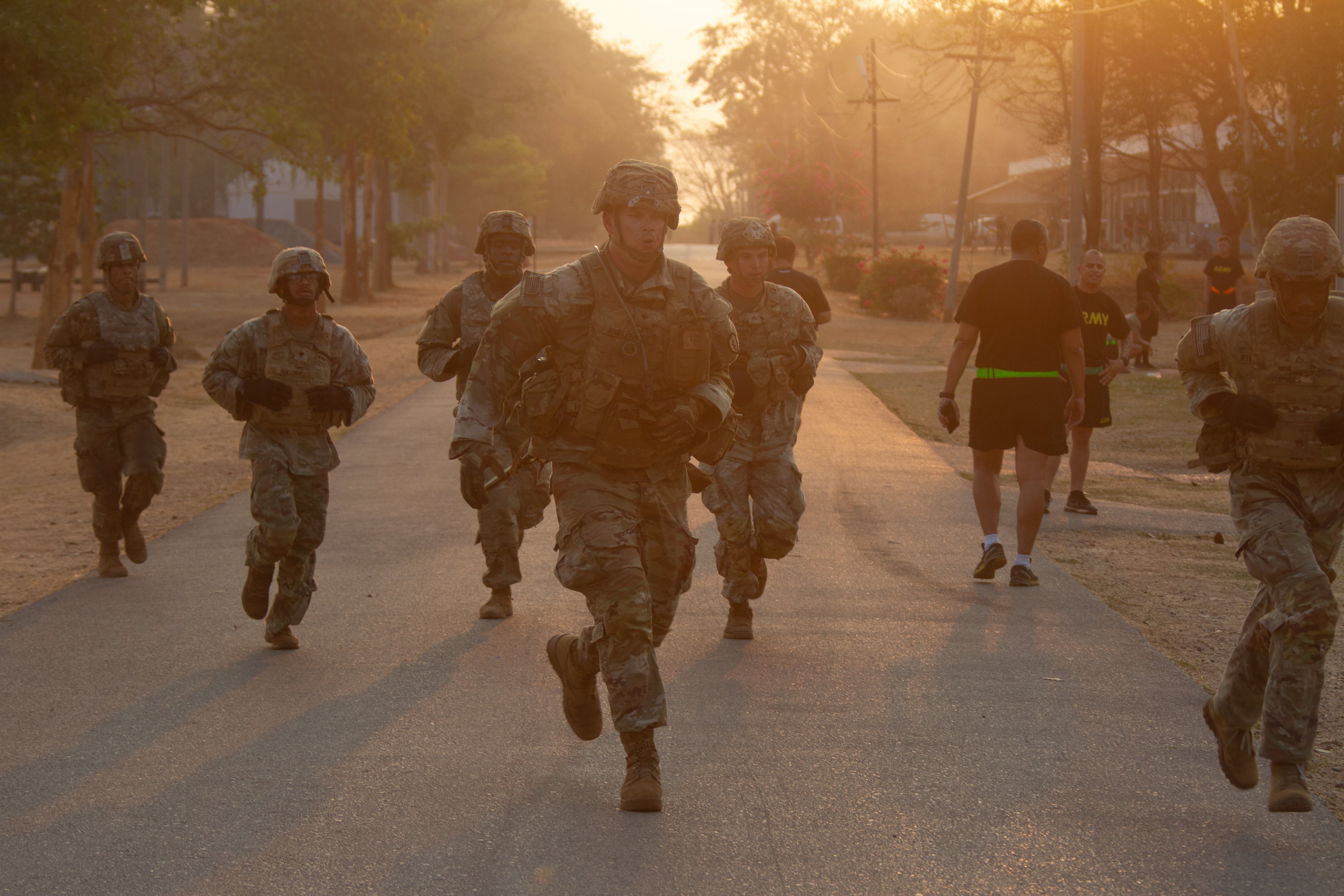
The task force has also had to adjust its sleeping arrangements recently to meet squad-level social distancing guidelines put out by the Army.
“[The] soldiers arrived in Thailand before concerns of COVID-19 really kicked off and occupied multiple barracks and tents with traditional spacing,” said Hallmark, adding that the adjustment has been gradual. “It’s important to note that this was not an instantaneous process and required contracting for additional tents and air conditioners to enable increased spacing."
The extra effort to keep to keep Pacific Pathways on track comes as the service dramatically curtailed and reassessed training operations across Europe and in South Korea during the pandemic.
Pacific Pathways is one program the Army secretary and chief of staff have recently talked about expanding to increase the U.S. presence in the Indo-Pacific region and court more partners as part of a larger Pentagon strategy aimed at China.
“Our soldiers are conducting an important training exercise with one of America’s oldest allies in the region,” said Hallmark in a reference to Thailand. “[The task force’s] medical professionals are continuously monitoring the spread of COVID-19 and assessing the risk to our forces. Leadership at all echelons are consistently involved in such assessments to adjust the timeline if needed.”
Kyle Rempfer was an editor and reporter who has covered combat operations, criminal cases, foreign military assistance and training accidents. Before entering journalism, Kyle served in U.S. Air Force Special Tactics and deployed in 2014 to Paktika Province, Afghanistan, and Baghdad, Iraq.



